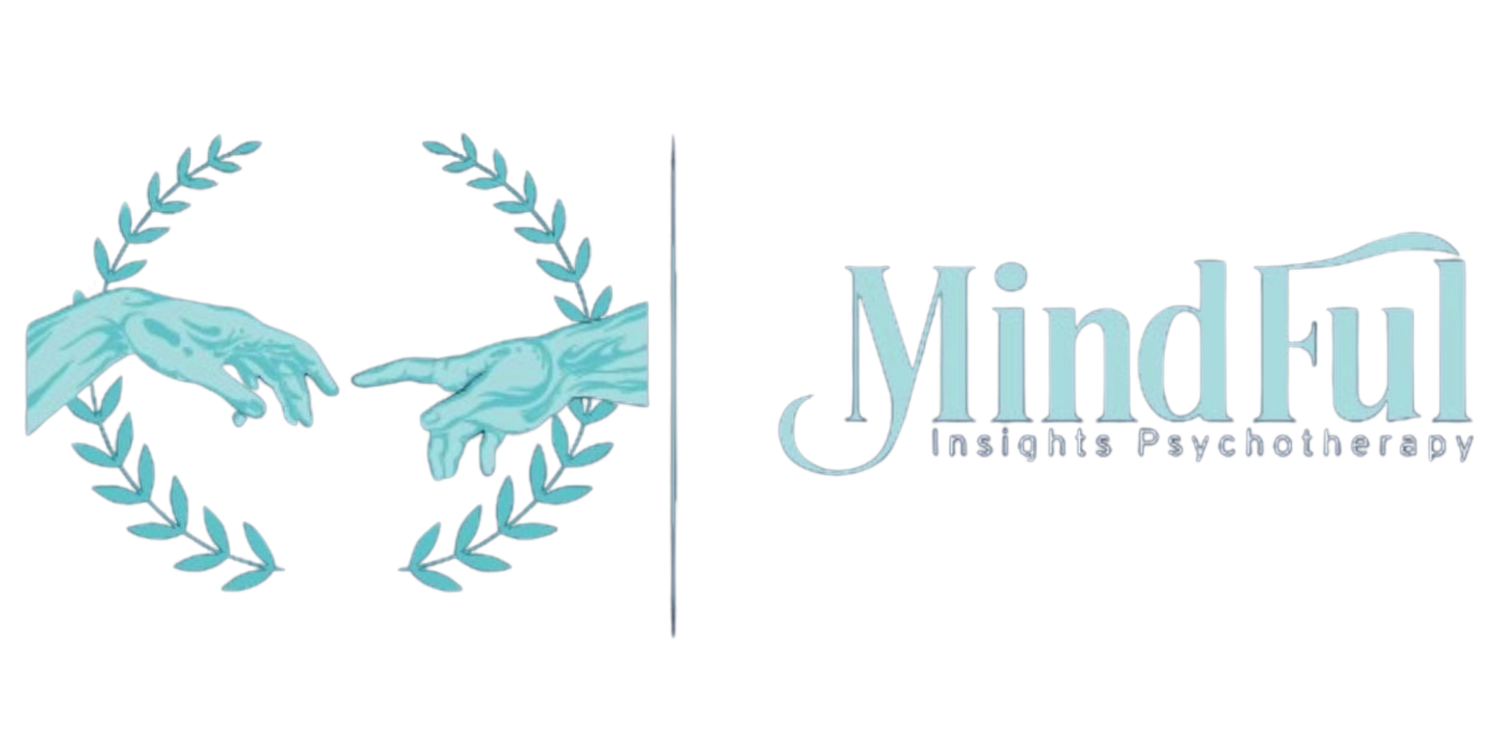The Healing Power of Words: Journaling as a Tool for Mental Wellness
At Mindful Insights Psychotherapy, we understand the profound impact that simple, reflective practices like journaling can have on mental health. Journaling isn’t just a way to record daily events—it’s a powerful method for processing emotions, enhancing self-awareness, and promoting healing. Learn more about how journaling can complement individual therapy.
The Therapeutic Benefits of Journaling:
Journaling offers a multitude of benefits for mental wellness. It serves as a private space where you can confront feelings, thoughts, and reactions without judgment. Here’s how it can be beneficial:
• Emotional Release: Writing down your thoughts helps to release emotional intensity, allowing you to clear your mind and reduce stress.
• Enhanced Self-Awareness: Regularly tracking your experiences and emotions fosters greater self-awareness and insight into your behavior patterns.
• Problem-Solving: Journaling about problems can lead to new perspectives and alternative solutions that weren’t apparent before.
Journaling Techniques for Mental Health:
To make the most of journaling, consider these approaches:
• Gratitude Journaling: Focus on the positive by writing about things you’re grateful for each day. This can shift your mindset and cultivate an attitude of gratitude.
• Mood Tracking: Keep a daily log of your mood and events influencing it. This can help identify triggers and improve emotional management.
• Stream of Consciousness: Let your thoughts flow freely without editing. This technique can be revealing and cathartic, helping you connect with your inner self.
Integrating Journaling into Therapy:
At Mindful Insights Psychotherapy, we often incorporate journaling into our therapeutic practices. It can be an effective complement to traditional therapy, offering clients tools to continue their healing journey outside of sessions:
• Therapeutic Assignments: Therapists may suggest journaling about specific topics or emotions that come up during therapy sessions, allowing further processing.
• Reflection Tool: Clients are encouraged to review their journals over time to reflect on their progress and growth. Learn more about how journaling fits into our approach on our therapy services page.
Challenges and Considerations:
While journaling is a low-risk tool, it’s important to be mindful of its use. For those dealing with severe trauma or distress, guided journaling under the care of a therapist ensures that it does not re-traumatize or overwhelm.
Conclusion:
Journaling is more than just keeping a diary—it’s a versatile tool supporting mental health in multiple ways. Whether used as a standalone strategy or part of an integrated therapeutic approach, journaling empowers individuals to take control of their mental well-being through the power of their own words.
At Mindful Insights Psychotherapy, we are dedicated to exploring effective strategies like journaling to enhance mental well-being. If you’re interested in starting a journaling practice or incorporating it into your therapy, contact us to learn how we can help.

